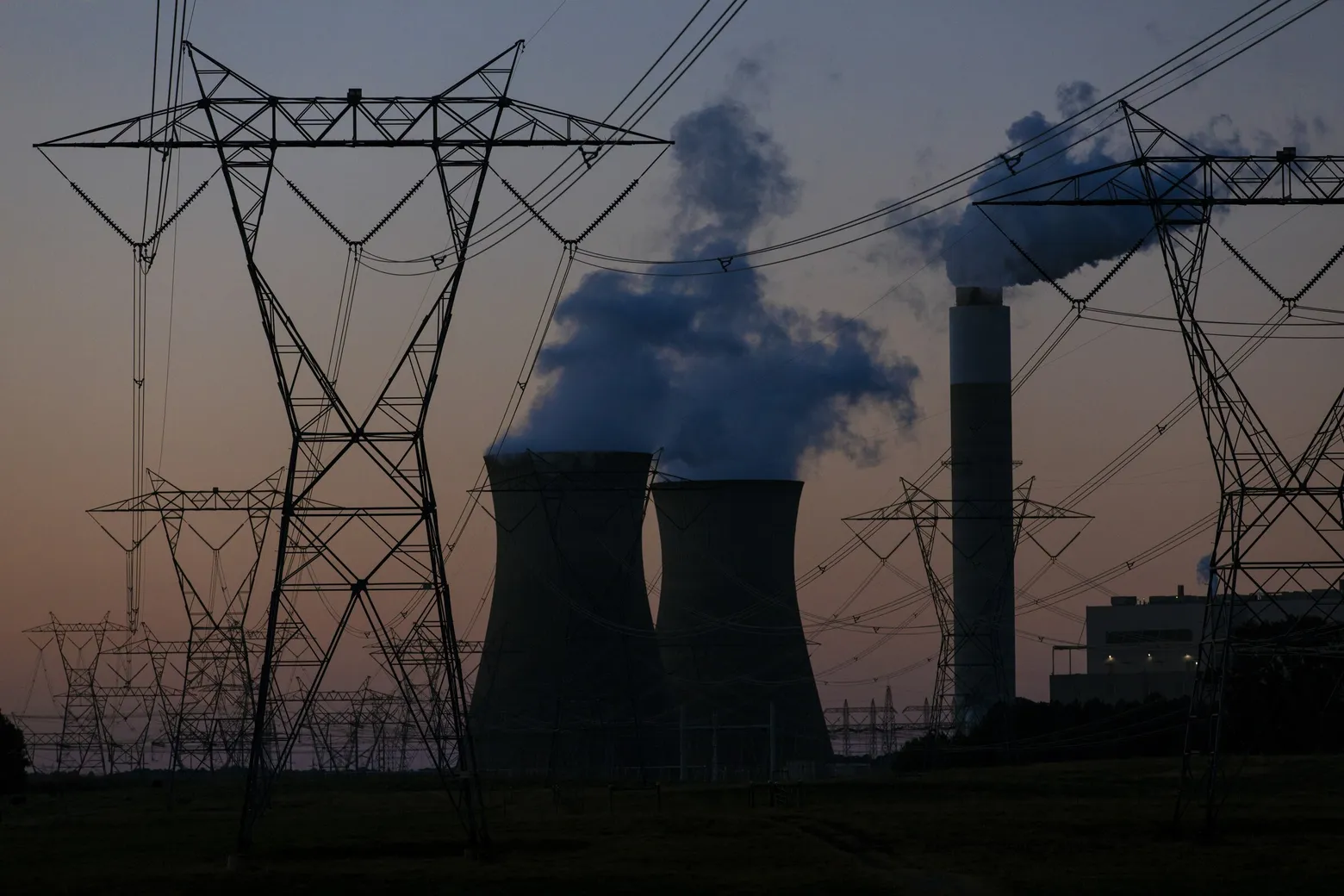
WASHINGTON, May 11, 2023 (BSS/AFP) - President Joe Biden's administration on Thursday announced plans to curb planet-warming emissions from the nation's power stations, as part of the United States' efforts to combat climate change.
Starting from 2030, the proposal from the Environmental Protection Agency would target fossil fuel electricity production with increasingly stringent carbon reduction requirements, including compelling some coal plants to directly capture pollution from their smokestacks.
"EPA's proposal relies on proven, readily available technologies to limit carbon pollution and seizes the momentum already underway in the power sector to move toward a cleaner future," EPA Administrator Michael Regan said in a statement.
The agency estimated its measures targeting coal and natural gas would prevent 617 million metric tons of total carbon dioxide entering the atmosphere through 2042, equivalent to reducing the annual emissions of 137 million passenger vehicles, or half the cars in the United States.
But the rules, currently in draft form, are certain to face legal challenges that could place them before the conservative-majority Supreme Court, which has previously knocked back efforts to regulate the sector.
Emissions from US power plants have been steadily declining, thanks to a rapid drop in the cost of renewables. But the sector is still responsible for a quarter of greenhouse gasses produced by the world's largest economy.
That has made it a prime target for Biden, who has pledged to cut emissions from electricity production to zero by 2035, as part of his climate agenda.
"I think this rule is important by declaring that the era of unlimited carbon pollution from power plants is over," Dan Lashof, director of World Resources Institute, United States, told AFP.
- Carbon capture -
Under the proposed rules, measures for fossil fuel plants would vary by the type of plant, whether it operates frequently or infrequently to shore up the grid during peak demand, and how long it is planned to remain in service.
For example, coal-fired plants that don't have commitments to retire by 2040 would be required to remove 90 percent of their carbon starting from 2030.
On the other hand, coal plants set to retire by 2032 will face no restrictions, nor will those retiring by 2035 that operate at less than 20 percent of their capacity.
Natural gas power stations that run frequently will be required to either implement carbon capture technology, or partly switch to hydrogen, which burns without emissions.
Carbon capture has been criticized by environmental groups who argue it perpetuates the extraction and burning of fossil fuels.
The technology is also in its infancy, with only "around 35" facilities globally applying it for industrial processes, fuel transformation and power generation, according to the International Energy Agency.
But the administration is betting on a recently passed law called the Inflation Reduction Act, which offers generous tax credits for carbon capture, coupled with advances in the technology, to speed up adoption.
- Legally defensible? -
Biden's ex-boss, former president Barack Obama, first tried to regulate the power sector almost a decade ago, but the high court ruled his plans were too broad and exceeded the executive branch's authority.
The new rule limits itself to acting only "within the fence line" of an individual power plant, which administration officials hope will improve its chances of surviving legal challenges.
"We feel really good that we are well within those bounds," Regan told reporters on a call.
The proposed rules come just a month after the EPA unveiled auto emissions rules described by Regan as "strongest ever federal pollution standards for cars and trucks," and also plans to sharply reduce emissions of methane, a potent greenhouse gas, by the oil and gas industry.
Biden, who faces a tough campaign for re-election in 2024, sees keeping his promises to act on climate as key to energizing younger voters.
The plans would be subject to a public comment period and could take months to be finalized. They could also be rescinded if a climate-denier such as Republicans Donald Trump or Ron DeSantis won the White House.